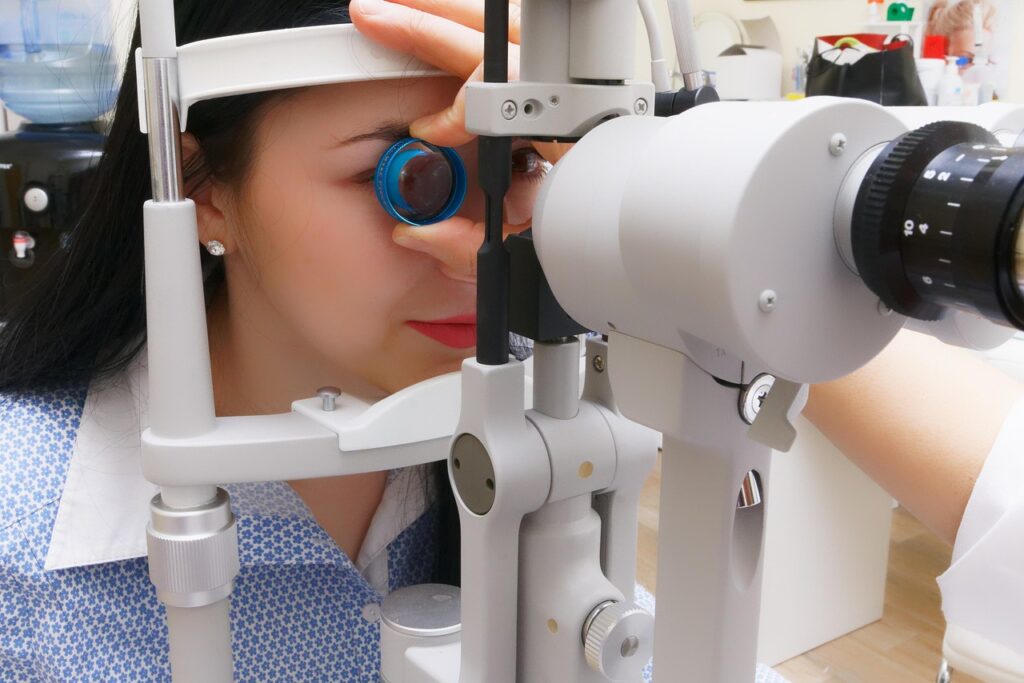The majority of those who use glasses or contact lenses are aware that they must wear them during the day and take them out at night. What if you could improve your eyesight while you’re sleeping? That is precisely how overnight contact lenses work: they improve your eyesight while you sleep, and when you wake up, your vision is clear for the rest of the day.
How do these lenses function? Orthokeratology lenses, also known as overnight contact lenses, are specially designed lenses that you wear at night. They are composed of a material that allows gases to pass through, which gradually changes the shape of your cornea as you sleep. After waking up, you take out the lenses, and your cornea holds its new form, giving you good vision. It’s similar to getting laser eye surgery, but without the procedure.
The idea of overnight contact lenses is not novel. These lenses have been available since the 1960s, but recent advances in technology have increased their appeal. Furthermore, they are regarded as a secure and successful replacement for LASIK surgery.
There are several advantages to using overnight contact lenses. First and foremost, they provide clear vision without the need for glasses or daytime contact lenses. This is especially helpful for athletes and active individuals since they don’t have to worry about their glasses falling off or their contact lenses drying out. For those who have trouble putting in and taking out their contact lenses during the day, overnight contact lenses are also helpful.
One benefit of overnight contact lenses is that they can help reduce the course of myopia, sometimes known as nearsightedness. Wearing orthokeratology lenses has been demonstrated in studies to slow the progression of myopia by as much as 50%. This is especially crucial for youngsters since myopia might worsen as they age and cause additional eye issues.
Overnight contact lenses, though, aren’t for everyone. To keep the corneal reshaping effect, they need a dedication to using the lenses every night. Furthermore, individuals with particular eye disorders, such dry eye or astigmatism, may find them to be unsuitable. To find out if overnight contact lenses are suitable for you, it’s crucial to speak with an eye care expert.
Overnight contact lenses can be more expensive than conventional contact lenses in terms of price, but they are frequently less expensive than LASIK surgery. However, the cost might fluctuate depending on the unique lens type prescribed and the patient’s prescription.
The cornea is softly reshaped by overnight contact lenses as you sleep, improving your vision overnight. They improve vision and may even help prevent the course of myopia, all without the need for glasses or daytime contact lenses. However, they might not be a good fit for everyone and need a commitment to wearing them every night. To find out whether overnight contact lenses are a good fit for you, speak with an eye care specialist.





